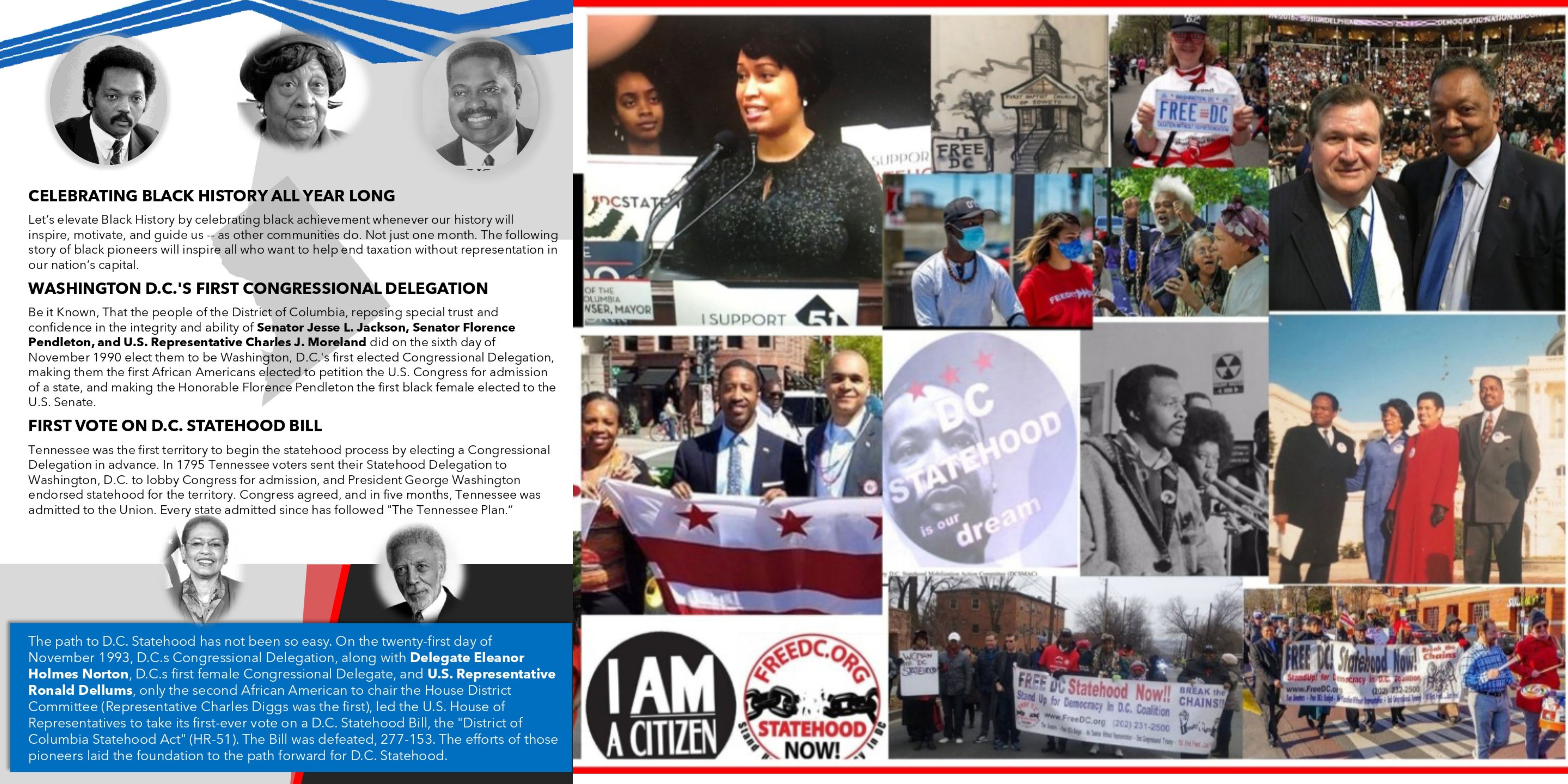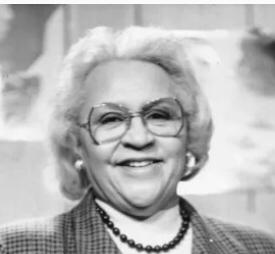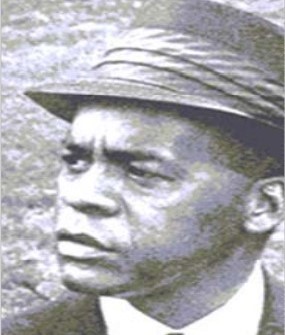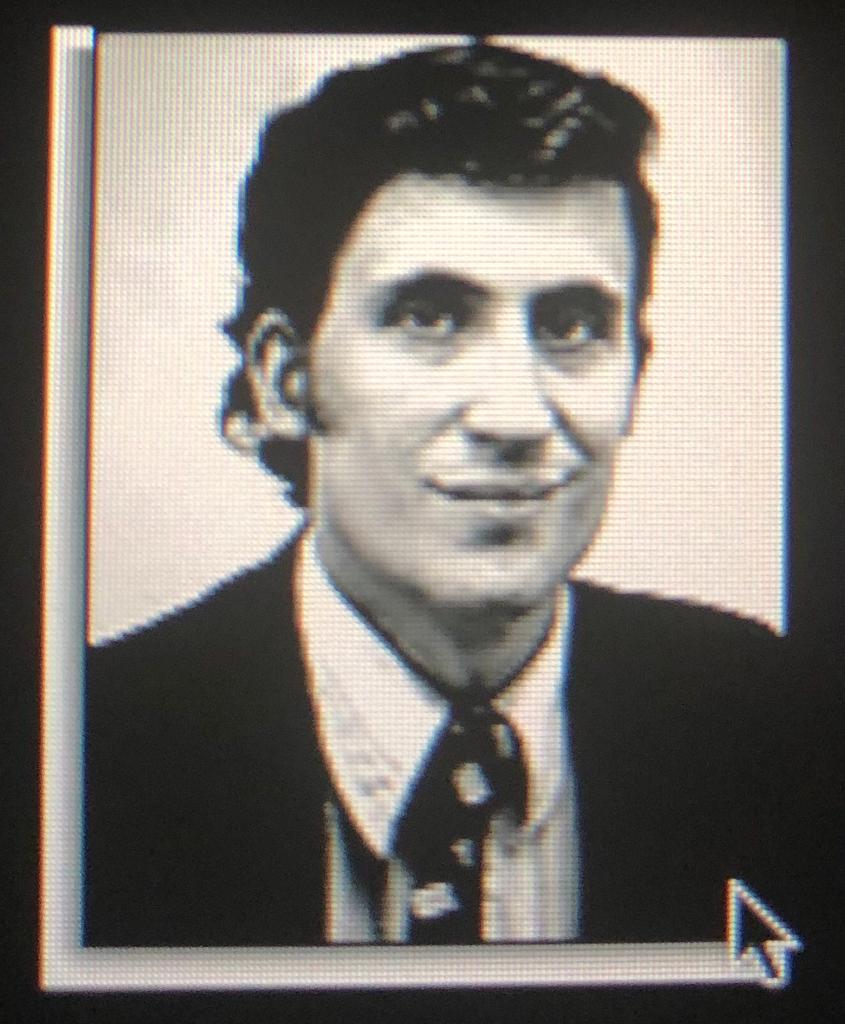



When taxation without representation in Washington, D.C. is brought to a sudden halt, Barbara Lett-Simmons will be able to take a fair share of the credit.
A tireless warrior, life for veteran statehood activist Barbara Lett-Simmons was a ceaseless struggle, both against the U.S. Congress and "collaborators" within her beloved adopted hometown.
But, in a political career that spanned almost 60 years, Simmons never struck a blow for Statehood more telling than the one she landed in 2000.
As a Democratic elector from the District of Columbia in the 2000 U.S. Presidential Election, she abstained from voting in the Electoral College rather than vote for Al Gore, as was expected, to protest what Simmons referred to as "Washington, D.C.'s Colonial status." It was a blow for D.C. Statehood that was felt around the world. An act of courage that still inspires statehood supporters.

On October 16, 2011 the Dr. Martin Luther King, Jr. Memorial was
finally dedicated. The resolute visage of the great civil rights leader officially
joined the towering giants of American history along the National Mall
overlooking the Tidal Basin. George Washington, Franklin Delano
Roosevelt, Abraham Lincoln and Thomas Jefferson – Dr. King is the only
non-president among them.
Each iconic sculptured face now gazes out upon its own particular
historical impact on America. Camped out not far away, many of the
"Occupy" protesters in Washington, D.C., are undoubtedly reflecting on
whether the Reverend Dr. Martin Luther King, Jr. would be among them
as they consider ways to bring an end to the disenfranchisement of the
citizens of the District of Columbia.
For more than two centuries, the citizens of our nation's capitol
have been denied even a morsel of Congressional representation, while
serving at the banquet table of American democracy, and simultaneously
carrying the burden of paying taxes, fighting and dying in foreign wars,
and carrying all the other duties of U.S. citizenship.

The Hon. Julius W. Hobson is recognized as the “key founder” of the Modern day
D.C. Statehood Movement. He was elected in 1974 as one of the at-large
members of the D. C. Council at its creation, and he served in that position
and pushed for D.C. Statehood until his passing in 1977.
"Oh, I am not worried about Money or degrees, any fool can acquire these, it's the
courage of living, the usefulness of life which worries me..."

David A. Clarke was Chairman of the D.C. Council, whose ties to the African American community and deep commitment to liberal causes gave him a rare ability to appeal to Washington, D.C. voters across racial and economic lines.
Through more than 20 years of elective politics in the District, Clarke was a passionate champion for civil rights and self-government for the District. An advocate for organized labor, the elderly, and the least fortunate among the city's residents, he became the highest-ranking white officeholder in a municipality when 70 percent of the population was African American.
END TAXATION WITHOUT REPRESENTATION IN WASHINGTON, D.C.